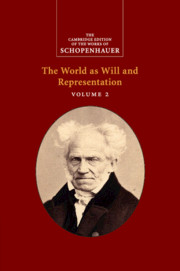Chapter 9 - On Logic in General
Published online by Cambridge University Press: 30 June 2022
Summary
Logic, dialectic, and rhetoric belong together since they comprise the entirety of a technique of reason, and they should also be taught together under this title, with logic as the technique of one's own thinking, dialectic as the technique of disputing with others, and rhetoric as the technique of speaking to many (concionatio); this also corresponds to the singular, dual, and plural as well as monologue, dialogue and panegyric.
In agreement with Aristotle (Metaphysics III, 2, and Posterior Analytics I, 11), I understand dialectic to be the art of a dialogue directed to the collective pursuit of truth, specifically philosophical truth. But dialogue of this sort necessarily devolves into controversy, more or less; thus dialectic can also be described as the art of disputation. The Platonic dialogues give us examples and models of dialectic: but so far very little has been achieved by way of a genuine theory of dialectic, which is to say the technique of disputation, eristic. I have attempted something along these lines and shared a sample of it in the second volume of the Parerga; so I will entirely omit any discussion of this science here.
The rhetorical figures in rhetoric are approximately what the syllogistic figures are in logic; in any case, they are worth considering. They do not seem to have become objects of theoretical investigation yet in Aristotle's time, because he does not treat them in his Rhetoric, and we are referred in this matter to Rutilius Lupus, the epitomizer of a later Gorgias.
All three sciences have in common the fact that everyone follows their rules without having learnt them, these rules having been originally abstracted from natural practice. – And so, although they are of great theoretical interest, they have only limited practical use: in part because although they certainly give us the rule, they do not give the case of application, and in part because in practice there is usually no time to remember rules. So they teach only what everyone already knows and does on his own. Still, abstract cognition of them is both interesting and important.
- Type
- Chapter
- Information
- Schopenhauer: The World as Will and Representation , pp. 110 - 114Publisher: Cambridge University PressPrint publication year: 2018

